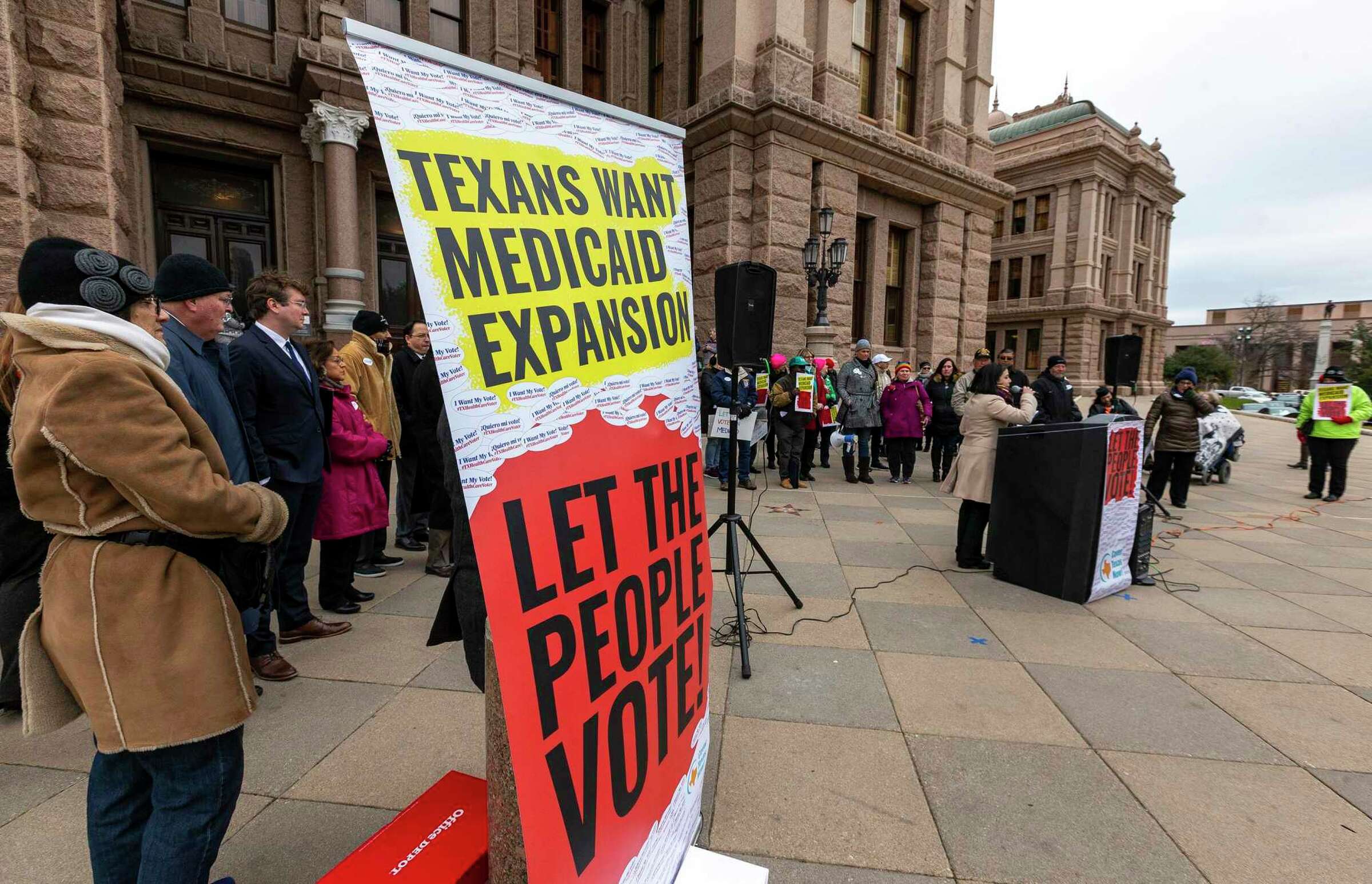The horrific Uvalde mass shooting and the COVID-19 pandemic’s impact on mental health have refocused attention on how Texas can raise the bar above our status quo.
We have a you-get-what-you-pay-for challenge as we look to do better for Texas families. The U.S. census ranks Texas 46 in state-budget spending per Texan, and Texas ranks dead last in health care coverage. In 2021, Texas had the largest number and percentage of uninsured residents — for children and adults — in the United States. About 5.2 million Texans, or 18 percent, were uninsured. One of every 5 uninsured Americans lives in Texas. Our children and teens are more than twice as likely as U.S. kids overall to be uninsured.
Why care? Because people who lack financial access to health care are held back and harmed, both physically and economically.
There are key policy steps that would measurably improve the lives of Texans in the areas of medical care, mental health access and economic security.
First, Texas should accept billions each year in federal funds to provide Medicaid to “working but poor” adults. Texas is one of only 12 states without coverage for poor adults. Arkansas, Louisiana, New Mexico and West Virginia all do better insuring their residents because they adopted Medicaid expansion. Experts estimate close to 1.4 million uninsured Texans would qualify for coverage.
Second, remove red-tape barriers to Texas Medicaid enrollment. Census estimates indicate that 350,000 or more uninsured Texas children qualify for Medicaid or CHIP, but are not enrolled because we make it harder than it needs to be. When COVID-19 policies that have covered another 850,000 Texas children expire, Texas’ Medicaid agency needs clear orders from the Legislature to keep eligible children and adults covered.
How does this help reduce barriers to mental health access in Texas? Medicaid is the single-largest funder of mental health services in the country, but Texas loses out by refusing Medicaid to most adults. Often mislabeled, Medicaid expansion isn’t just for “able-bodied” adults, and if you thought adults with mental illness already qualify for Medicaid, think again.
Many Texas adults with serious illnesses and chronic conditions do not qualify for Medicaid because most adults who can still work are ineligible. Among adults with mental illness, only those with the most severe diagnoses qualify for Texas Medicaid. Even life-threatening illnesses do not qualify an adult for Medicaid — unless the individual is expected to die within 12 months.
Uninsured adults with mental illness choose between skipping care or taking on crippling debt. Either choice can be personally and economically devastating. Insured adults receive mental health treatment at much higher rates than the uninsured. If the Legislature makes Medicaid available to low-income adults, hundreds of thousands of now-uninsured people will gain access to mental health services, making mental health centers and practices more financially viable.
Why pick this, among all possible health-related investments? Because the federal government will pick up 90 cents on every dollar. Because low-income women with full coverage will have birth control, and can be healthy before and after pregnancy. Because personal attendants who care for frail seniors and individuals with disabilities on Medicaid will have health coverage. Because rural hospitals and clinics will have a fighting chance to survive, once 1 in 4 adult patients are not uninsured. Because most of the uninsured who would benefit from Medicaid expansion coverage are workers and Texans of color. Because it’s time.
